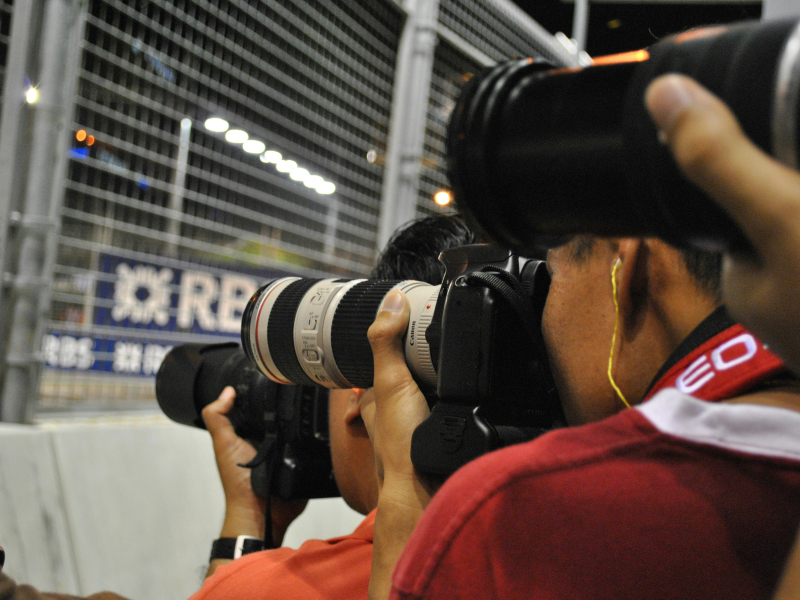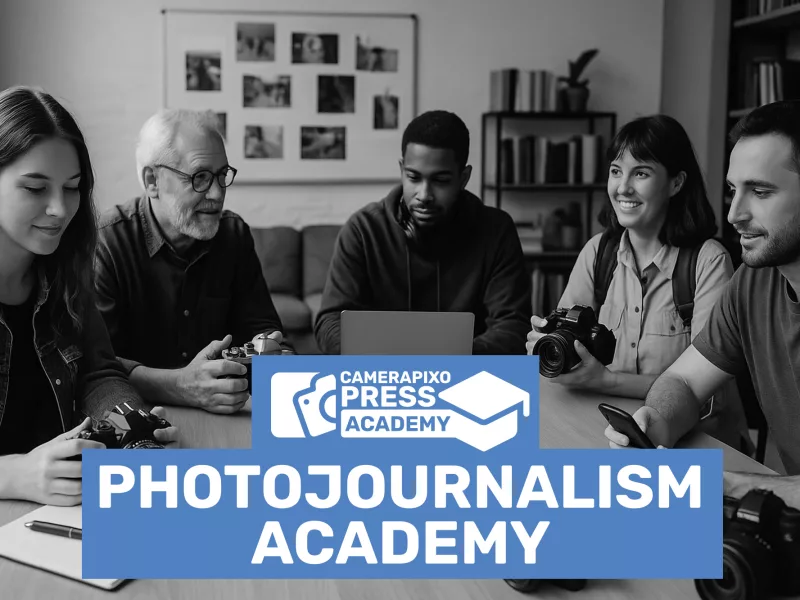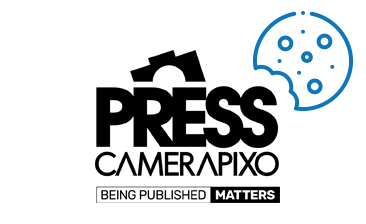Who Really Benefits from the Diploma Myth?
For years, young people have been told they can’t succeed in photojournalism without a degree. That college is the only path to a career, prestige, and recognition. That only universities and major institutions can “grant permission” to practice real journalism. That story didn’t appear out of thin air. It was — and still is — a convenient tool for those who profit from it.
Universities and the Education Industry
The first winners are universities. They built a system where journalism programs became the golden ticket. Not because they always delivered practical skills, but because they pushed the narrative: “Without us, you don’t exist.”
The cost? Tens of thousands of dollars, often debt that lasts decades — in exchange for theory, minimal fieldwork, and a piece of paper presented as “proof” of value. It’s a lucrative business for universities. But for young people, it’s often a trap.
Newsrooms and Their Convenient Filter
The second beneficiaries are newsrooms, which for years used degrees as an easy filter. In a sea of applicants, it was simpler to discard those without diplomas than to evaluate portfolios or character.
The problem? A degree never guarantees talent or ethics. It only guaranteed that someone passed through the system. And while some editors still cling to that filter, the reality is breaking it down.
The Old Guard and Prestige That’s Fading
The third group is veteran journalists themselves. For them, a diploma was a symbol of prestige. It formed the foundation of their careers and gave them a reason to look down on younger photographers who didn’t follow the same path.
This is why so many attack freelancers, independent academies, and alternative routes. They fear that if a degree is no longer required, their own path — and the authority it once carried — loses its power.
The Myth as a Barrier to Freedom
In truth, the diploma myth functions as a barrier. It pushes young people into debt, discourages alternatives, and maintains the illusion that the profession is “elite” and only for the chosen few.
But that’s a lie. Photojournalism doesn’t need ivory towers to maintain standards. It needs courage, ethics, skill, and passion. And those can be gained in many ways: through practice, mentoring, workshops, and independent projects.
Who Actually Loses When the Truth Comes Out?
So, who really loses when young people take their own path?
- Universities, losing students and tuition fees.
- Newsrooms, forced to judge by portfolios instead of paper.
- The old guard, whose prestige is no longer backed by credentials.
And who wins? The new generation is investing in themselves and their projects instead of decades of debt.
A diploma doesn’t make you…
The “diploma required” myth served for decades as a tool of control for those in power. But fewer and fewer people buy into that narrative. The world has changed. Portfolios, ethics, and skills are the new currency of journalism. And those still clinging to the old scare tactic of “no degree, no career” are only protecting their own interests. Because the truth is simple: a diploma doesn’t make you a photojournalist. Your images, your stories, and your courage do.











